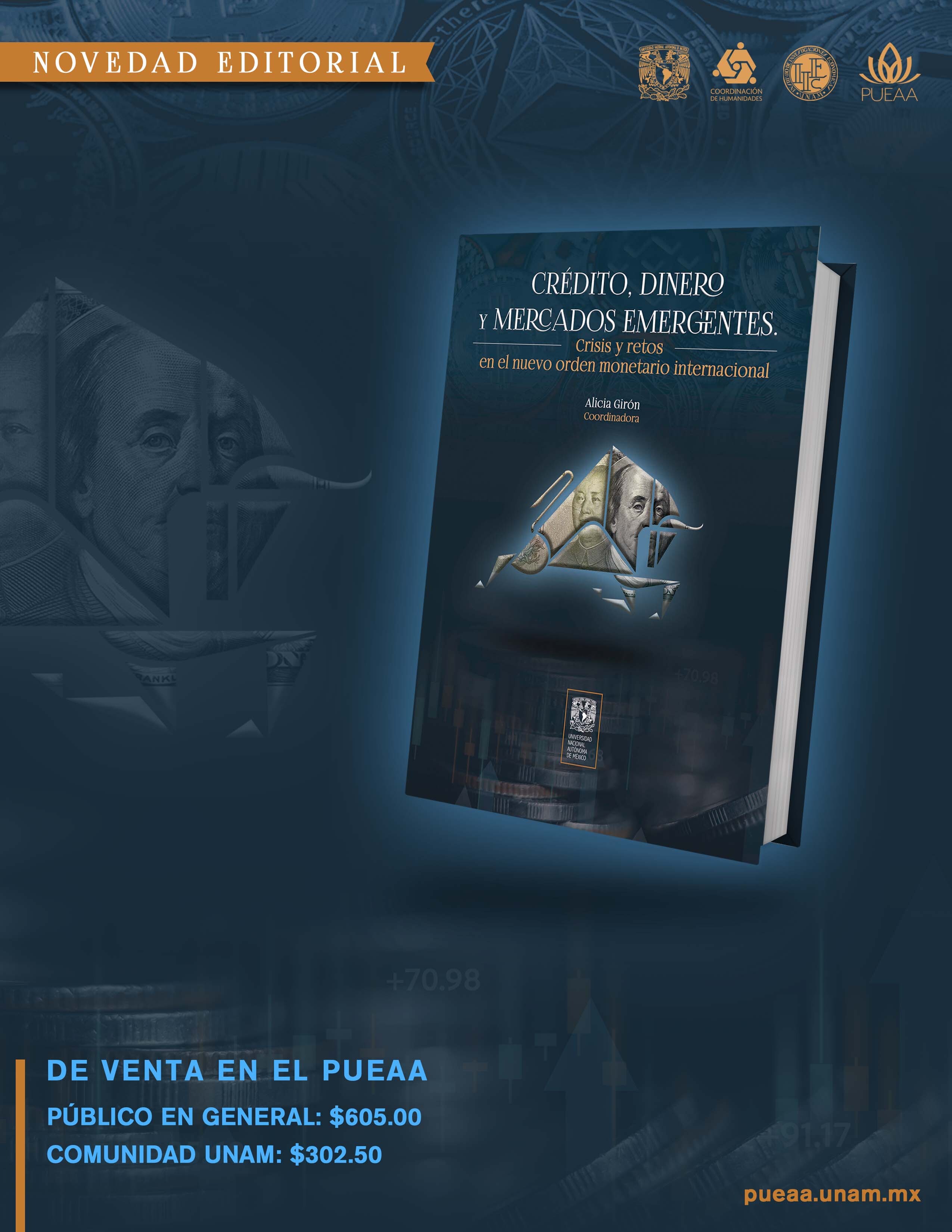Since the financial crisis of 2007, a period of restructuring flows and financial intermediaries began. Public credit was opened quickly and without limits to meet the rescue of the banks, but months later it was closed, taking a part of the world to the deep stagnation of our days. Ten years after the outbreak of the economic and financial crisis, no progress was made in solving the biggest problems that triggered it: deregulation and concentration; as well as extreme inequality and its origin.
Under the aegis of Income interest, capital flows, private credit and international financial relations have been reorganized. A phase of regionalization and financial segmentation began amid severe conflicts and political changes. Thus, we have a weak euro zone confronted to the austerity policies; the North-Atlantic English-speaking area in the middle of leaderships changes that slow down and even destroy the spaces of businesses and consortiums expansion, financial and non-financial (but financialized), which were formed and formally structured under the Trans-Pacific Partnership Agreement and the Transatlantic Trade and Investment Association.
That is why this book asks in the first part: what have been the determining forces in the post-crisis restructuring process, taking account the world geostrategic recomposition. In turn, the second part of this work is dedicated to the analysis, from various dimensions, of the existing contradictions for the reconfiguration of financial and economic spaces in a world weakened by austerity. Analyse especially their intention to achieve new formulas of economic governance in an increasingly global environment, but with the formation of very international financial gains.
Finally, the third part of this book is dedicated to exploiting the very different ways in which all these changes are taking place in Latin American economies, addressing fundamental issues for the regional reality such as the Pacific Alliance, mining corporations, the BRICS, financial systems, microcredits, and finally the growing positioning of financial flows from Asia in Latin America.




